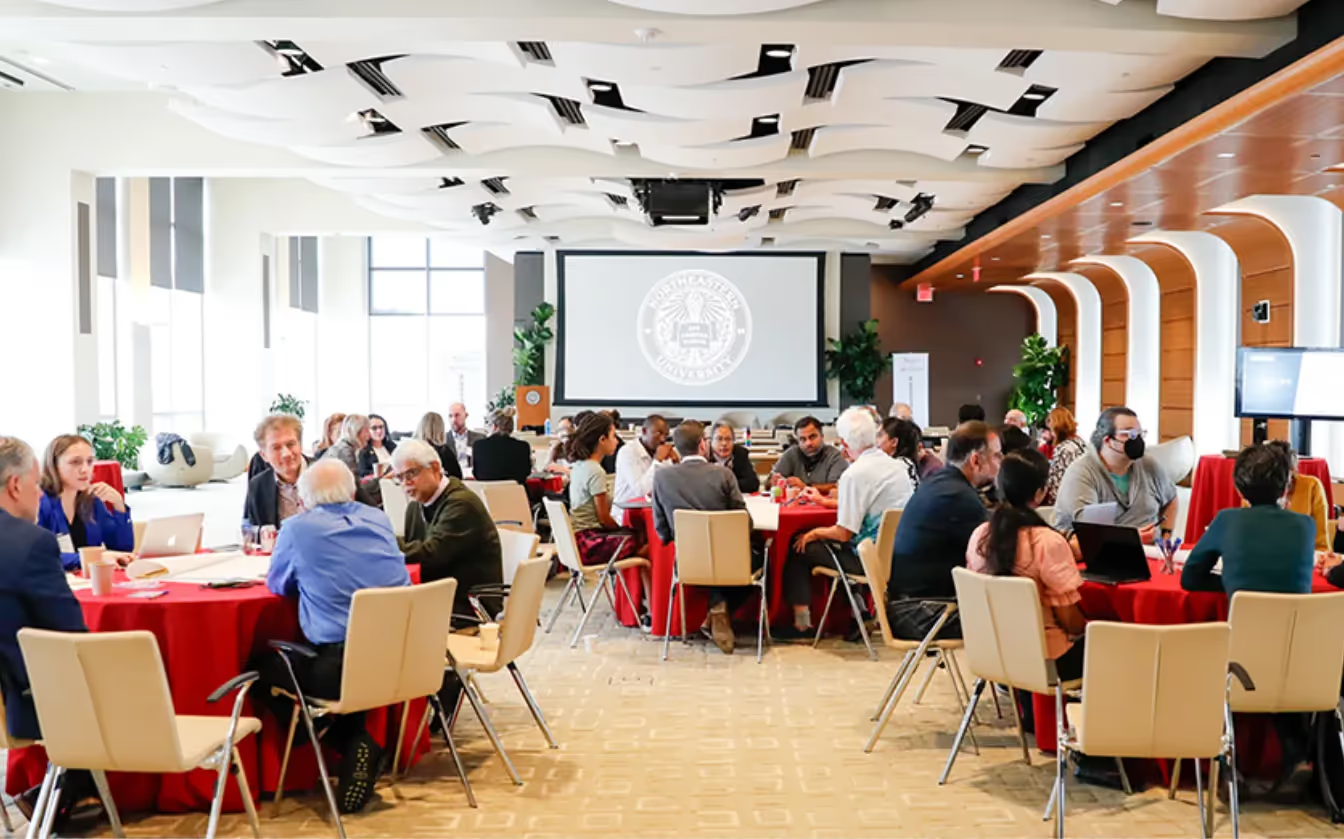The Future of AI in Health & Life Sciences Education: Workshop
An interactive workshop exploring AI in medical education.
The Future of AI in Health & Life Sciences Education workshop explored the transformative role of AI in medical education and training. Leaders from academia and industry discussed new approaches for educating students and upskilling professionals, integrating AI into curricula, overcoming obstacles, and more. A comprehensive write-up will follow.
This highly-interactive session aimed to foster meaningful dialogue, share valuable insights, and lay the groundwork for future advancements in the field.
Designed for industry professionals and educators, this hands-on workshop featured expert panelists exploring integrating AI into health and life sciences education.
Panelists
Keynote and Industry Speakers
Agenda
Key Topics
- Integrating AI into Curriculum: Panelists will discuss how AI can be embedded in healthcare and life sciences education. This includes the types of AI skills needed for different roles, such as clinicians, researchers, and administrators.
- Essential AI Education Components: What are the critical AI and ML skills healthcare professionals need? This section covers foundational AI concepts, practical skills, and what should be taught at different levels (students, residents, practicing professionals).
Discussion Points:
- How are institutions currently integrating AI into their health sciences curriculum?
- What are the essential AI education components for healthcare professionals today?
- What gaps exist in current training programs, and how can they be addressed?
Facilitated Discussion: Attendees will break into small groups or engage in an open-floor discussion, sharing their thoughts on how AI education can be effectively implemented in healthcare settings.
- Key question: What barriers exist to integrating AI into the healthcare curriculum at different levels (undergrad, residency, practicing professionals)?
Key Topics:
- Teaching AI and ML to Trainees: This panel will explore the methodologies and modalities for teaching AI, including what works best for different groups (e.g., medical students vs. practicing clinicians).
- Effective Education Models: Panelists will share successful education models, including experiential learning and interdisciplinary approaches that have been effective in preparing students and professionals.
- Implementation Barriers: What are the obstacles to implementing AI education in medical institutions? Panelists will discuss challenges related to resources, faculty expertise, and institutional readiness.
Discussion Points:
- What are the most effective education models for teaching AI and ML in healthcare?
- How can experiential learning be incorporated to help learners apply AI concepts in real-world scenarios?
- What are the biggest barriers (technical, organizational, cultural) to teaching AI in medical education?
- How do different groups of learners (students, clinicians, researchers) prefer to learn about AI? What modalities (e.g. in-person workshops, online simulations, blended learning, etc) have been most effective / desirable?
Facilitated Discussion: Participants will dive deeper into how these education models can be implemented and the ways institutions can overcome the key barriers discussed.
- Key question: What practical steps can institutions take to introduce AI education at different levels, and what resources (funding, technology, faculty training) are needed?









.avif)







%20circ.avif)
Topics Explored
The expert panelists discussed topics like those listed below across the key areas.
- Integrating AI into Curriculum
- Essential AI Education Components
- Teaching AI and ML to Trainees
- Effective Education Models
- Current State of AI Education
- Implementation Barriers
- Educational Modalities







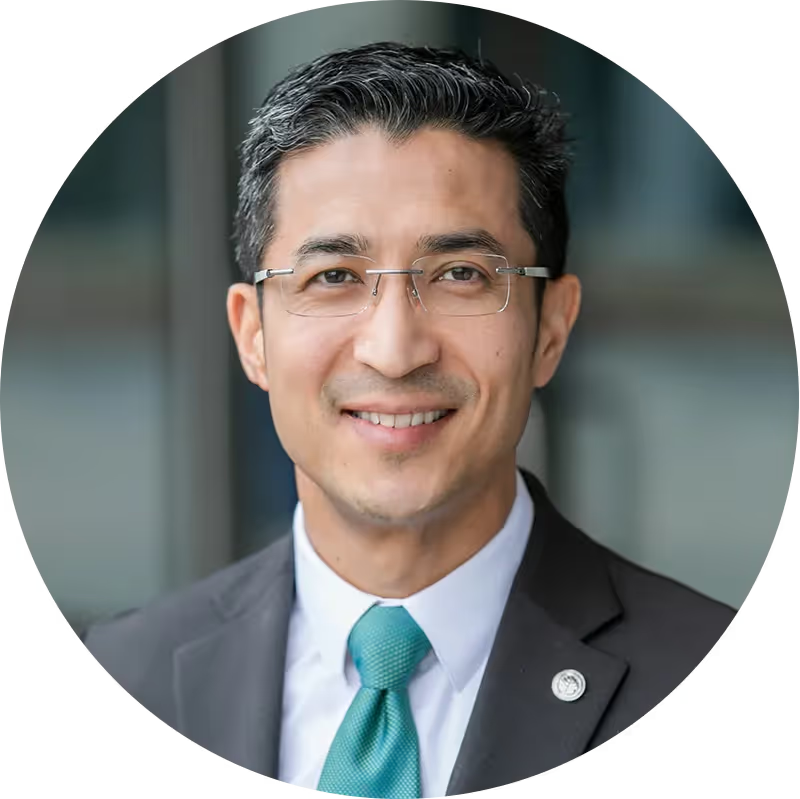





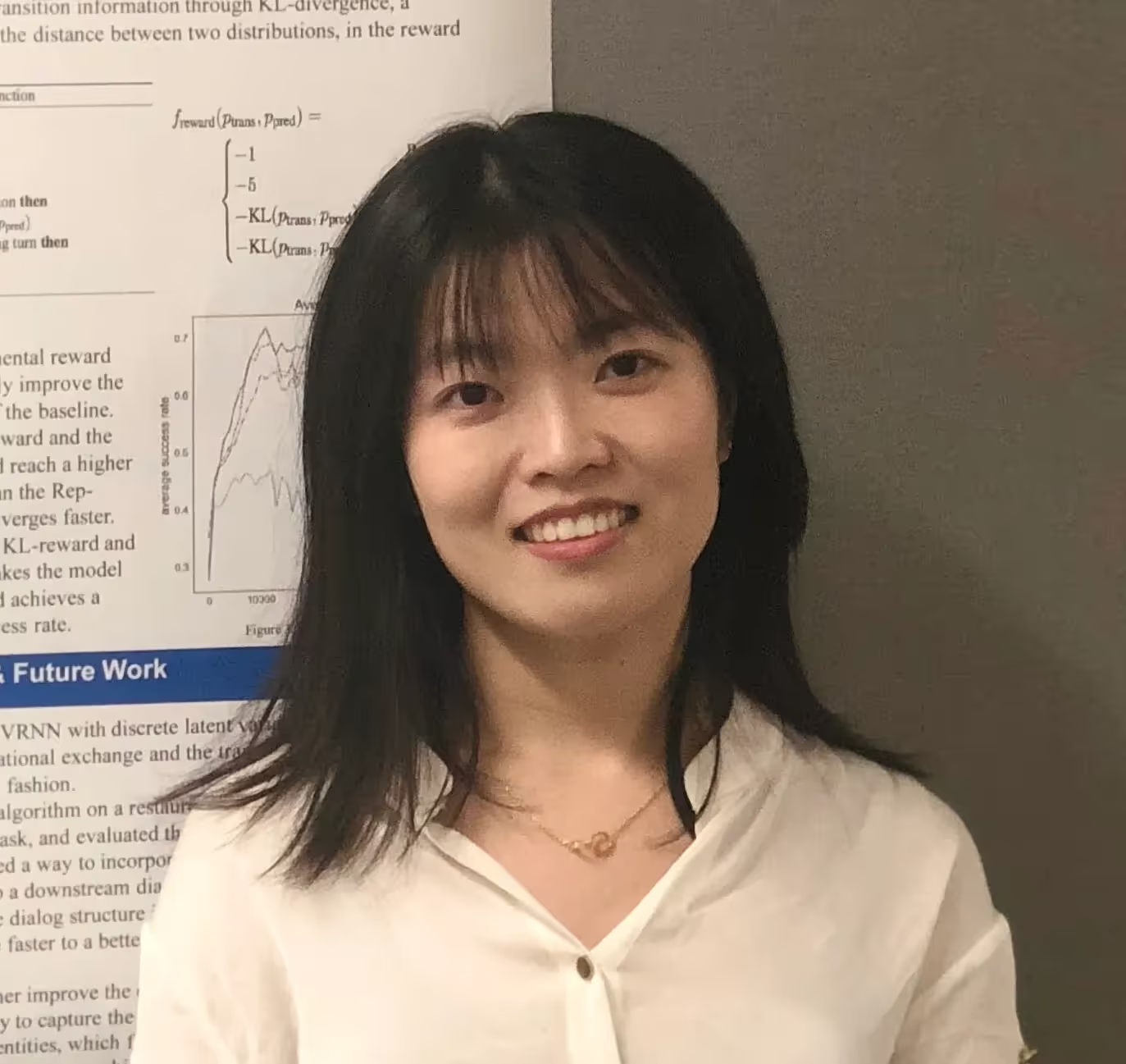






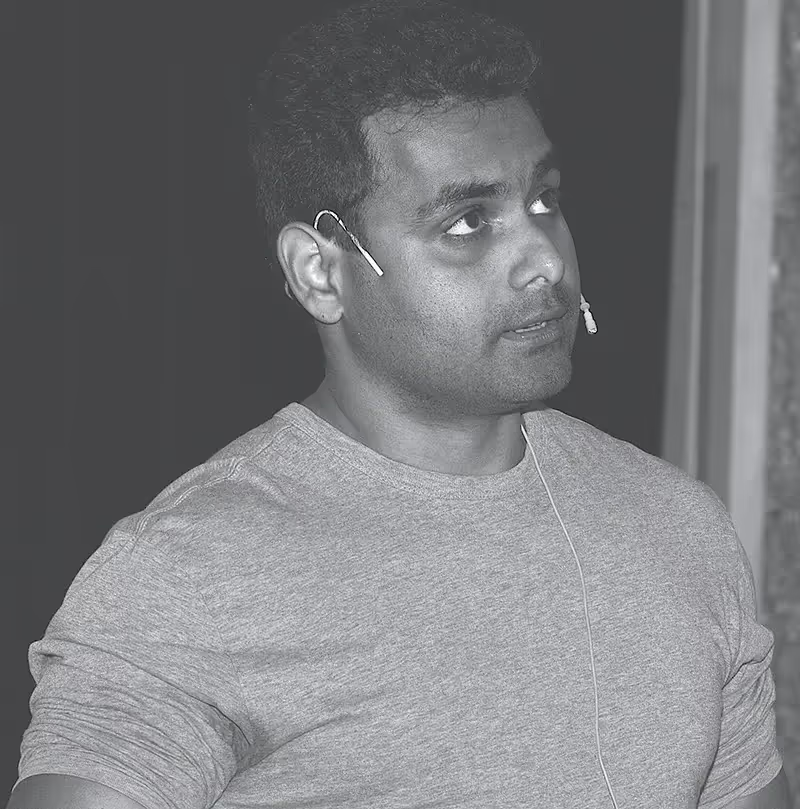



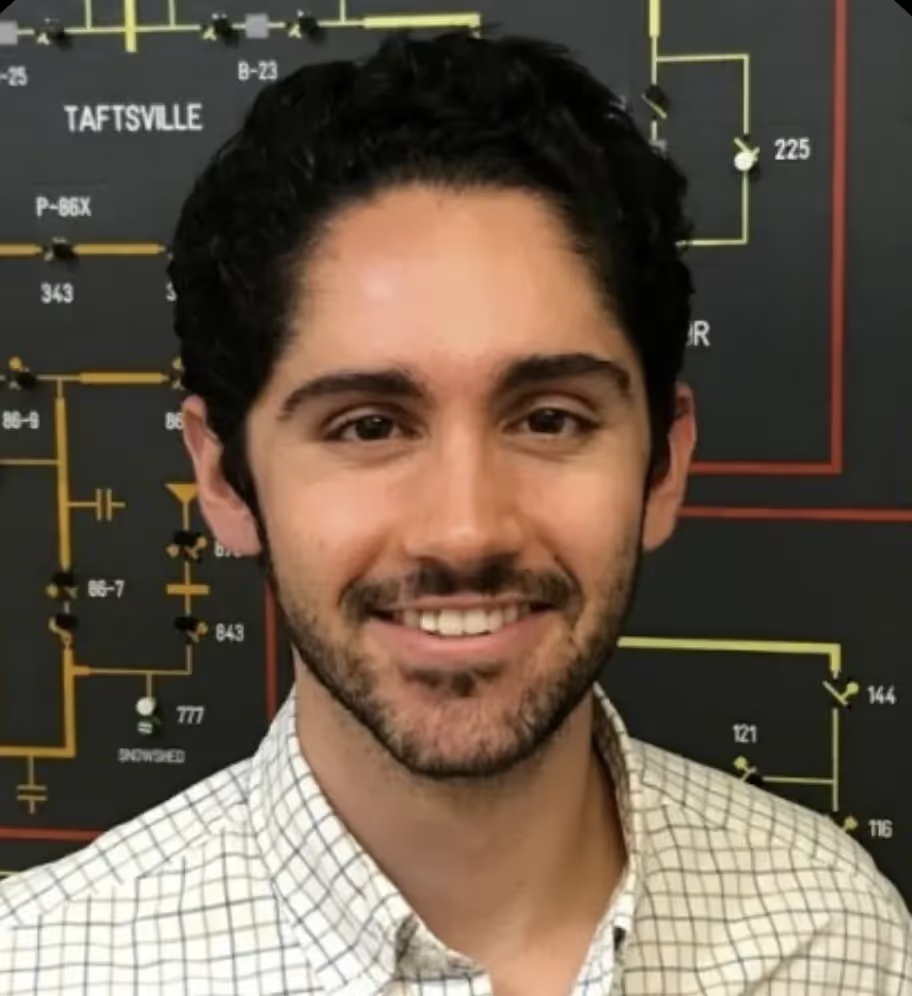

















.avif)
.avif)

.avif)



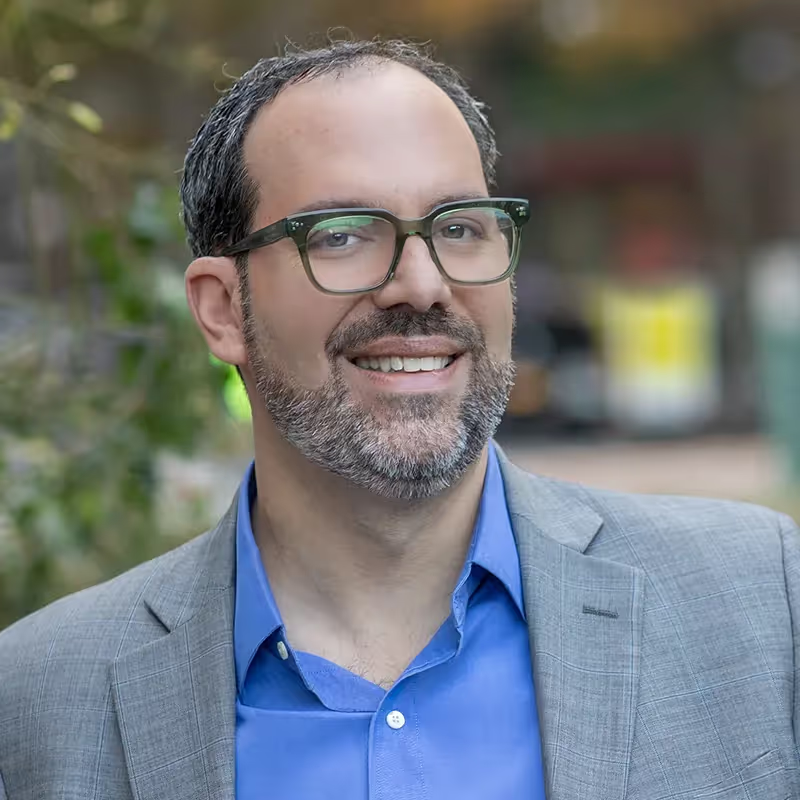









-p-800.avif)











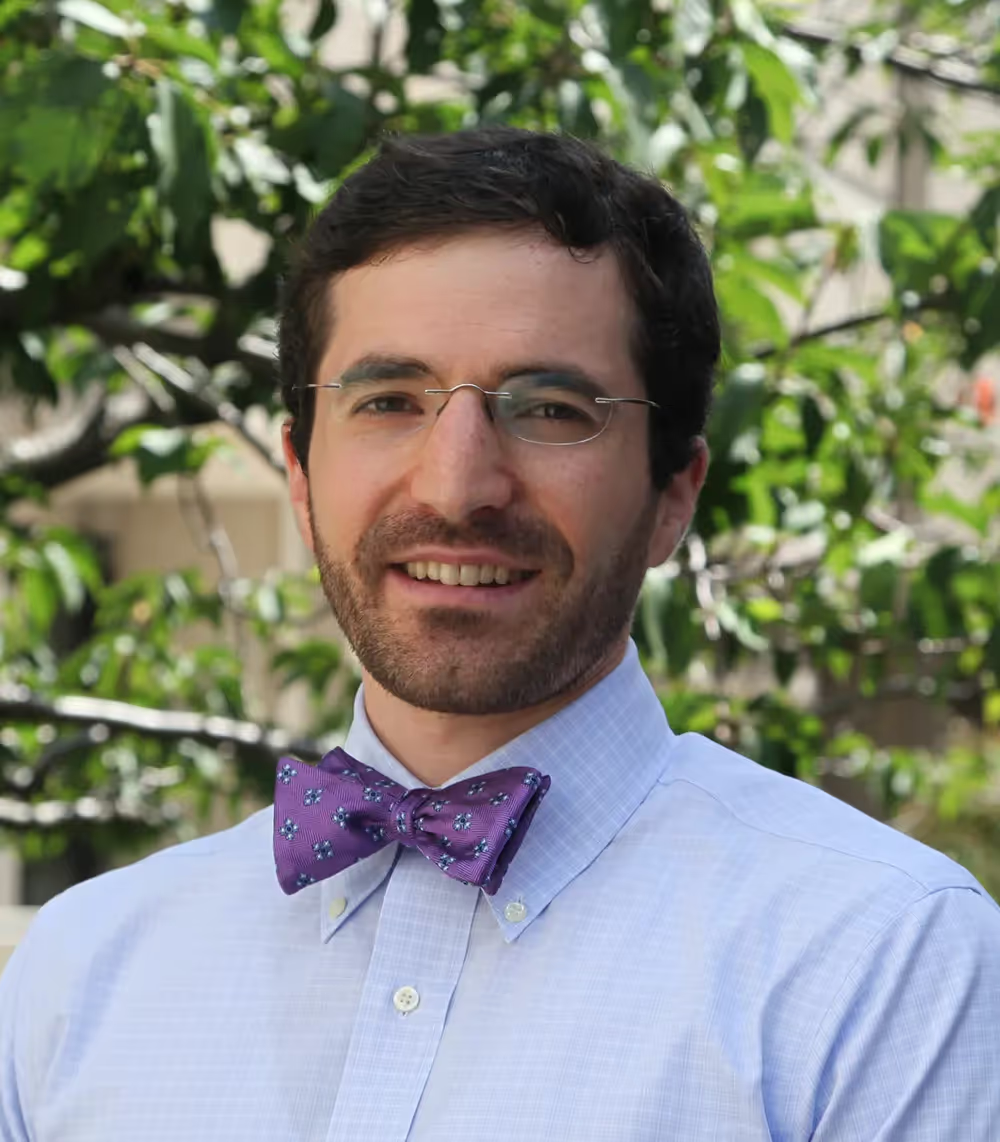










.avif)






